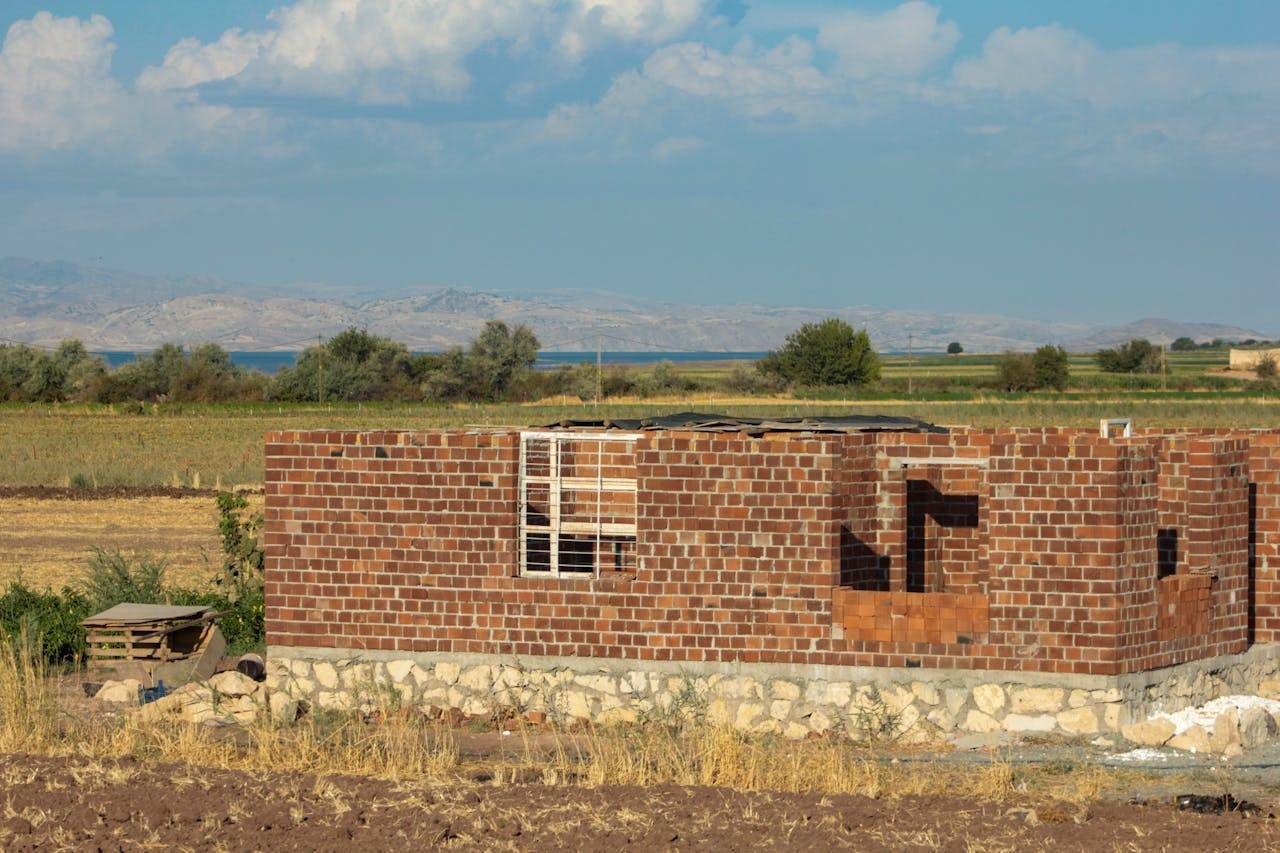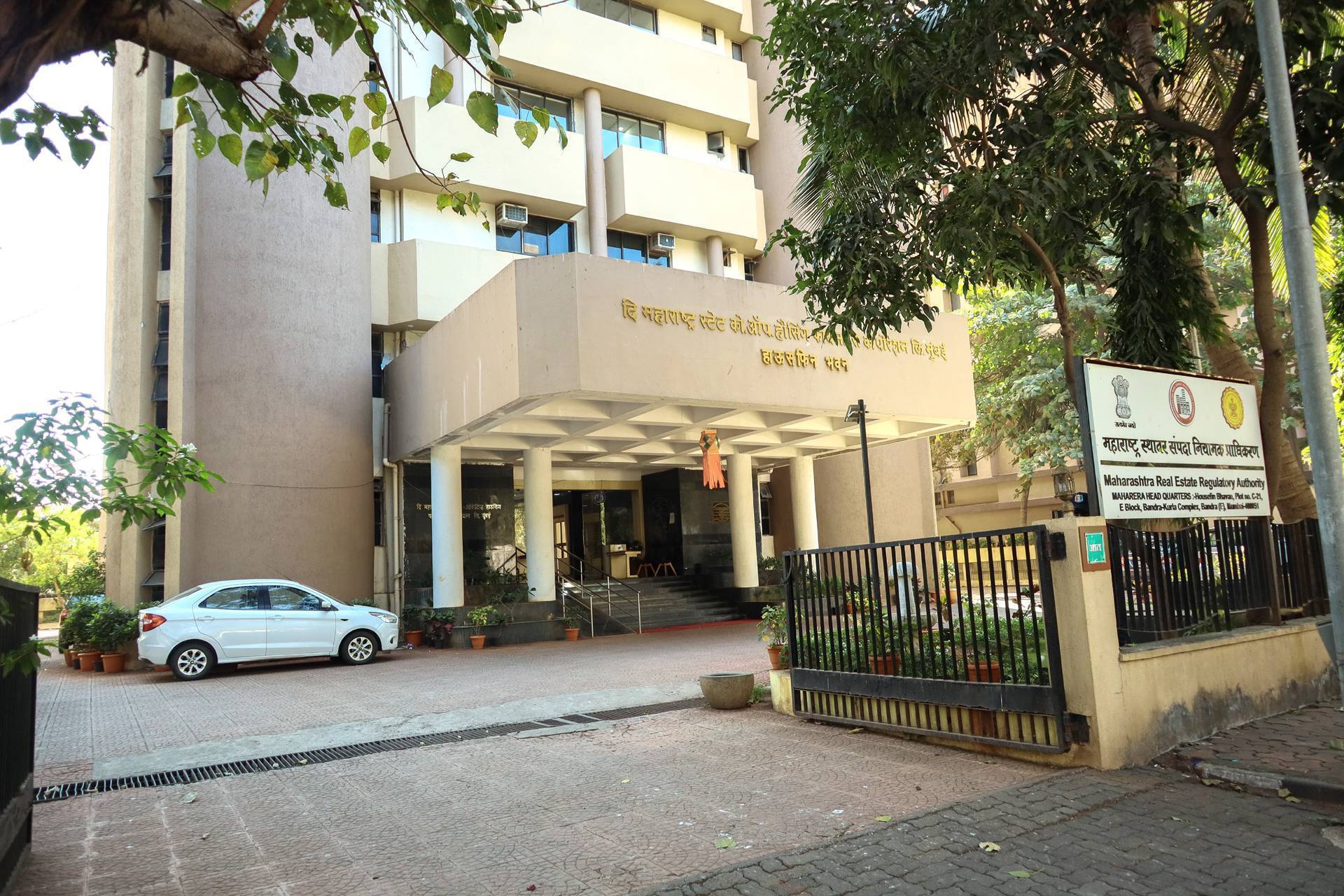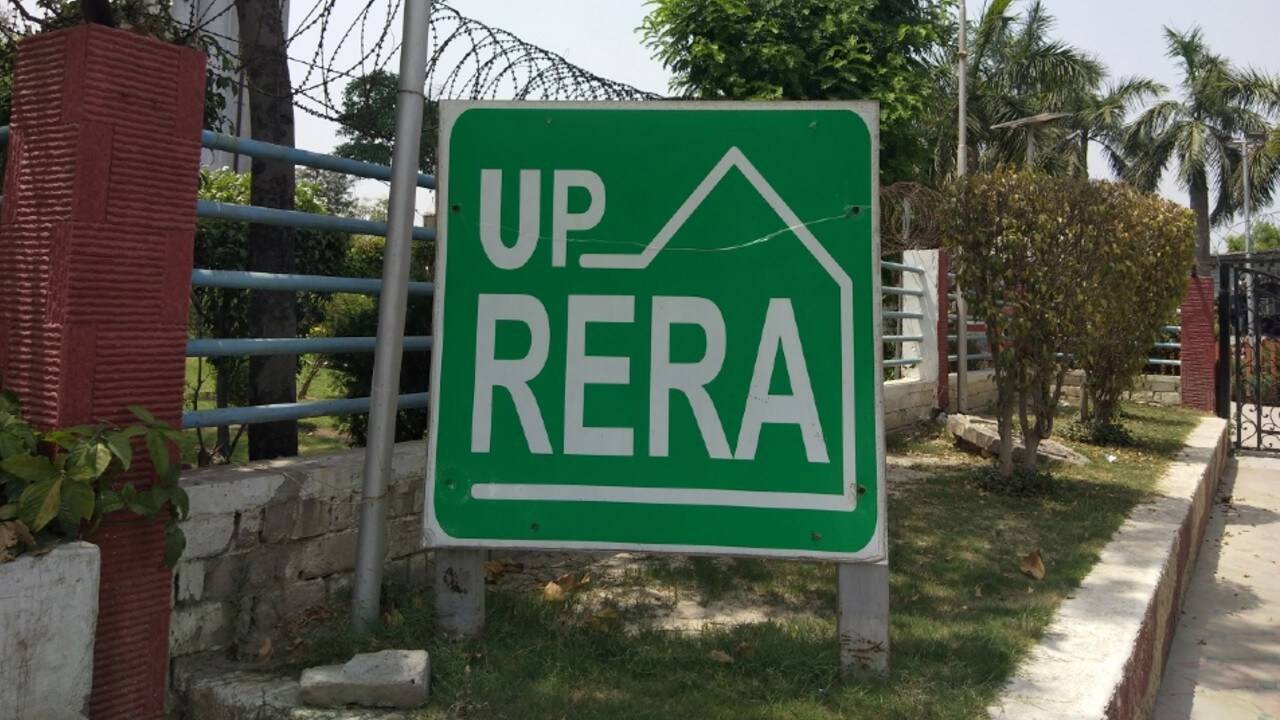The Maharashtra Housing Policy 2025, approved by the state cabinet in May 2025, proposes a separate RERA-like law specifically for redevelopment projects. The policy highlights that redevelopment activities are currently outside the scope of the Real Estate Regulatory Authority (RERA) Act, 2016, leaving complaints from homeowners in such projects unaddressed by MahaRERA.
In Maharashtra, numerous older buildings, particularly those ranging from two to seven storeys, are undergoing redevelopment. These projects typically involve demolishing existing structures and constructing larger, modern buildings, while providing homeowners with upgraded apartments and generating revenue for the state through the sale of additional floor space index (FSI) to developers.
To advance the policy’s implementation, the Maharashtra Housing Department issued a Government Resolution (GR) on July 23, 2025. This step is seen as a move towards formalizing the framework and enabling structured oversight of redevelopment projects, which have historically faced delays and regulatory gaps under the existing legal system.
Redevelopment in Maharashtra primarily targets older buildings ranging from two to seven storeys. Under such projects, residents of existing structures receive larger apartments in the new building, while developers sell additional units in the open market. The government also earns revenue by selling additional floor space index (FSI) to developers, facilitating larger constructions.
The policy notes that several redevelopment projects have stalled over the years, leaving homeowners in financial and residential distress. Residents are often compelled to live in transit accommodations or rely on monthly rent payments from developers, which are sometimes delayed or discontinued. The state government identifies these delays as a source of social and mental strain for flat owners and emphasizes the need for stronger regulatory mechanisms.
RERA-like Regulation Proposed
To address these challenges, the Maharashtra Housing Policy 2025 proposes a RERA-like law specifically for redevelopment projects. The policy states, “The RERA Act does not apply to redeveloped properties. A separate law is necessary to regulate such redevelopment projects and properties.” The framework seeks to ensure that developers adhere to timelines and obligations, reducing the risk of stalled projects and safeguarding homeowners’ interests.
The policy also outlines measures to revive stalled redevelopment and slum redevelopment projects. A cluster redevelopment model is proposed for greater efficiency and scale, allowing multiple adjoining projects to be developed simultaneously. This approach aims to optimize land use and expedite project completion.
In addition, the policy strongly supports self-redevelopment initiatives by cooperative housing societies. To facilitate this, the state has allocated ₹2,000 crore and proposed the formation of a dedicated cell to assist societies in planning and executing redevelopment independently.
MahaRERA’s Current Stand
MahaRERA, the state’s regulatory authority for real estate projects, has historically declined to intervene in redevelopment-related complaints. In December 2022, the authority ruled that complaints from homeowners in redevelopment projects fell outside its jurisdiction, citing the absence of regulatory coverage under the RERA Act. Homeowners were advised to approach other competent authorities for resolution.
Since its establishment in May 2017, MahaRERA has handled around 30,000 complaints related to real estate projects. While the regulator has actively addressed issues in conventional housing projects, redevelopment remains a regulatory blind spot, prompting the need for a separate legal framework.
The introduction of a dedicated law for redevelopment projects is expected to provide clarity and enforceability for all stakeholders. Developers would be required to comply with stricter timelines and contractual obligations, while homeowners would gain a formal avenue to address grievances. The policy’s focus on cluster redevelopment and self-redevelopment may also accelerate project completion and improve urban housing density.









.png)